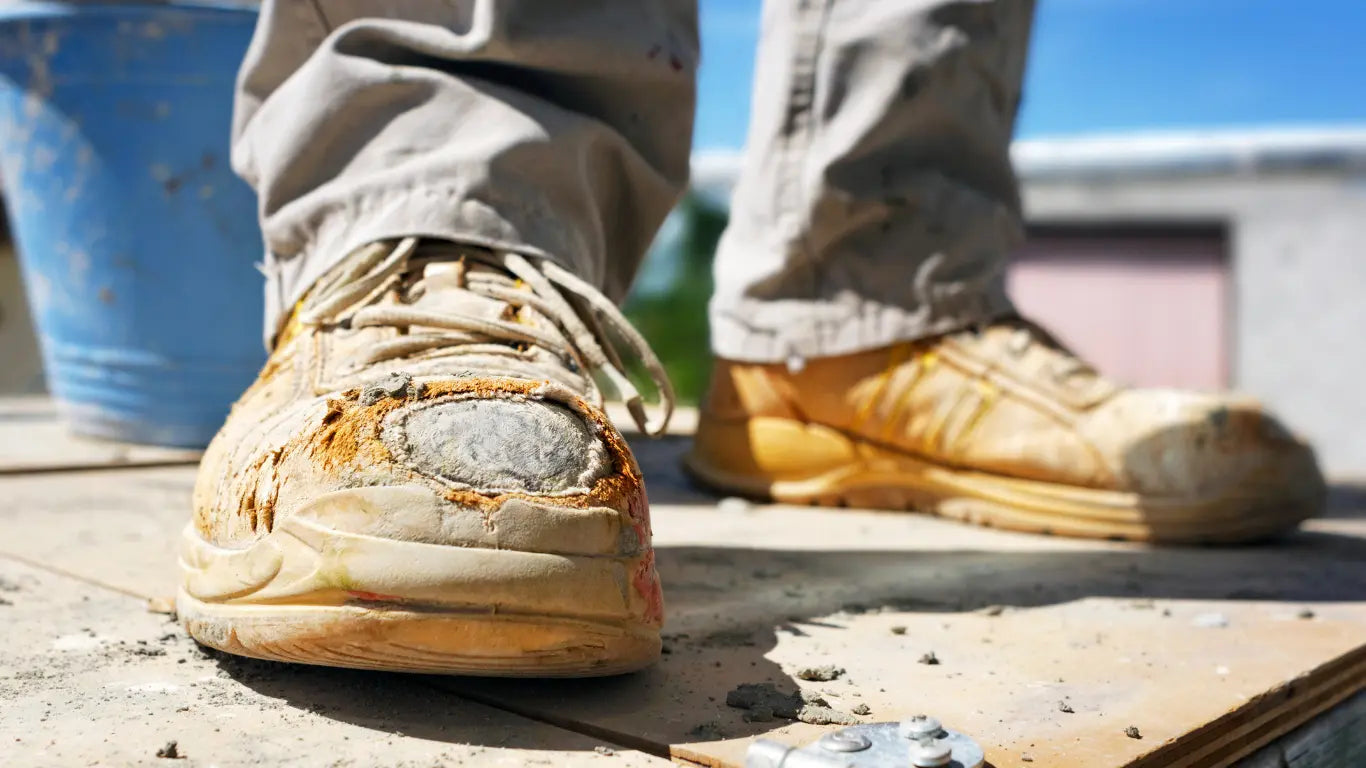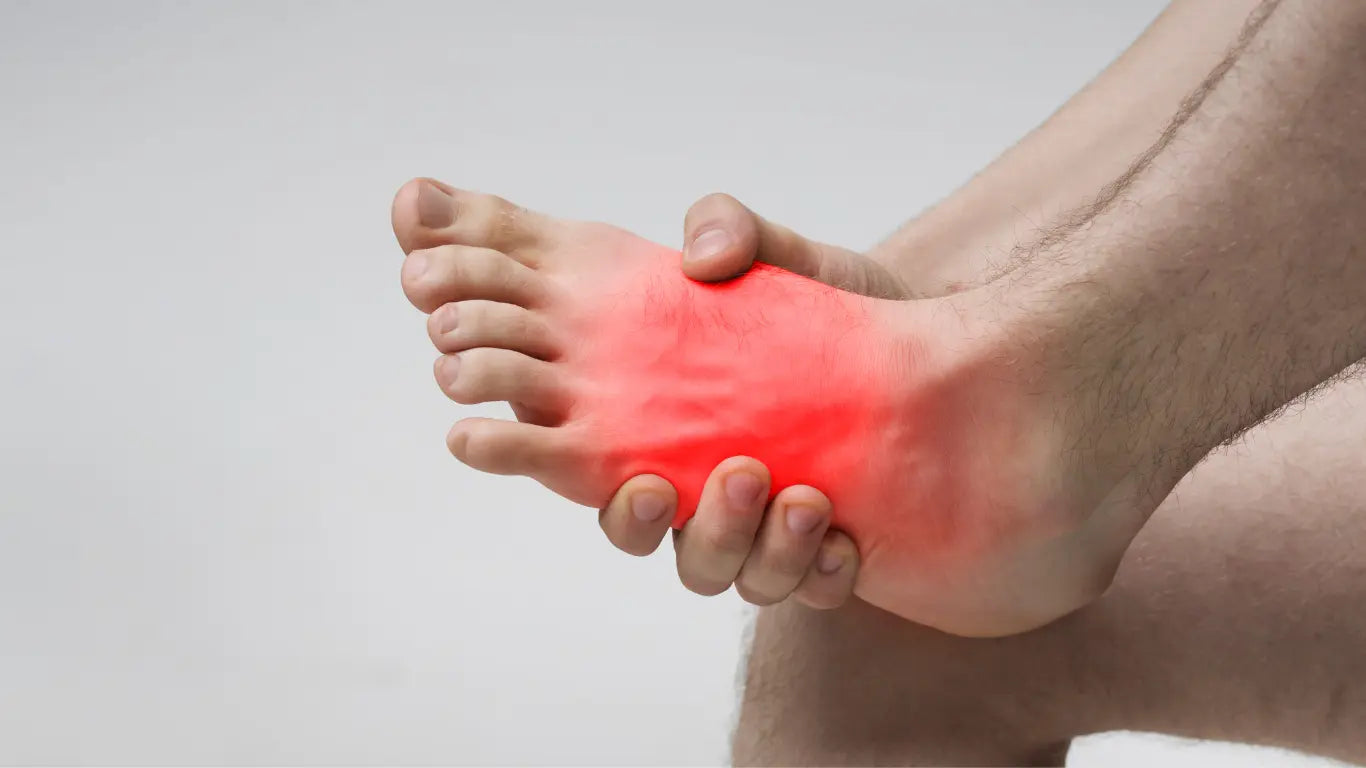Plantar fasciitis, a common foot ailment characterized by pain and inflammation in the tissue connecting the heel to the ball of the foot, affects many individuals, especially those who are on their feet often. One of the potential remedies that have gained attention is the use of compression socks or sleeves. This article aims to explore whether compression socks are effective in providing relief from plantar fasciitis symptoms and how they can be incorporated into a treatment plan.
Understanding Plantar Fasciitis
Plantar fasciitis is a condition that results in heel pain due to excess strain on the plantar fascia, the ligament that connects your heel bone to the ball of your foot. This strain can create inflammation, most commonly in the insertion point on the front of the heel, leading to pain and swelling. It often affects runners, overweight individuals, and those who wear shoes with inadequate support. The pain is usually worst with the first steps in the morning or after long periods of sitting.
Role of Compression in Managing Plantar Fasciitis
Compression therapy, typically involving socks or sleeves that apply gentle pressure to the affected area, is a popular method for managing symptoms of plantar fasciitis. Compression can improve blood flow, reduce swelling, and provide support to the foot, thereby alleviating pain and inflammation associated with plantar fasciitis.
How Compression Socks Work for Plantar Fasciitis
Compression socks for plantar fasciitis work by exerting pressure on the soles of the feet and calves. This pressure improves circulation, reduces fluid buildup, and minimizes muscle cramps. By maintaining elongated muscles and ligaments in the foot, compression socks can prevent the shortening and tightening of the plantar fascia that contributes to pain and stiffness.
Choosing the Right Compression Socks for Plantar Fasciitis
When selecting compression socks for plantar fasciitis, it's crucial to consider factors like compression level, material, and fit. A snug fit that offers adequate compression without being too tight is essential for effectiveness. Additionally, the material should be breathable and moisture-wicking to keep the feet comfortable.
FS6 Foot Compression Sleeves
The FS6 Foot Compression Sleeves are an excellent option for those suffering from plantar fasciitis. These sleeves provide soft support for pain, swelling, and fatigue relief, featuring a comfortable design suitable for all-day wear.
FS4 Plantar Fasciitis Socks
Another great choice is the FS4 Plantar Fasciitis Socks. These low cut, foot & ankle compression socks are specifically designed for pain relief and are highly rated by users for their effectiveness and comfort. They are available in various colors for your enjoyment.
DS6 Night Time Plantar Fasciitis Treatment
For nighttime relief, the DS6 Night Time Plantar Fasciitis Treatment can be a beneficial addition to your regimen. This product focuses on providing pain relief during rest, aiding in the recovery process. It replaces the all too uncomfortable traditional night splint but is just as effective.
FS6+ Foot & Calf Compression Sleeves
For those who require extended support, the FS6+ Foot & Calf Compression Sleeves offer comprehensive coverage for both foot and leg pain, swelling, and fatigue. This product is ideal for people who need more than just foot support.
FS4 Plantar Fasciitis Sock - Crew Version
The FS4 Plantar Fasciitis Sock in the crew version is perfect for individuals who prefer a higher cut. It provides the same pain relief benefits as its low-cut counterpart, with added coverage.
In conclusion, compression socks and sleeves can be a valuable tool in managing plantar fasciitis. They offer a non-invasive way to alleviate pain, improve circulation, and provide support to the affected area. While not a standalone cure, they can be an integral part of a broader treatment strategy that includes proper footwear, stretching exercises, and possibly medical intervention in more severe cases. As always, it's advisable to consult with a healthcare professional for personalized advice and treatment plans.






